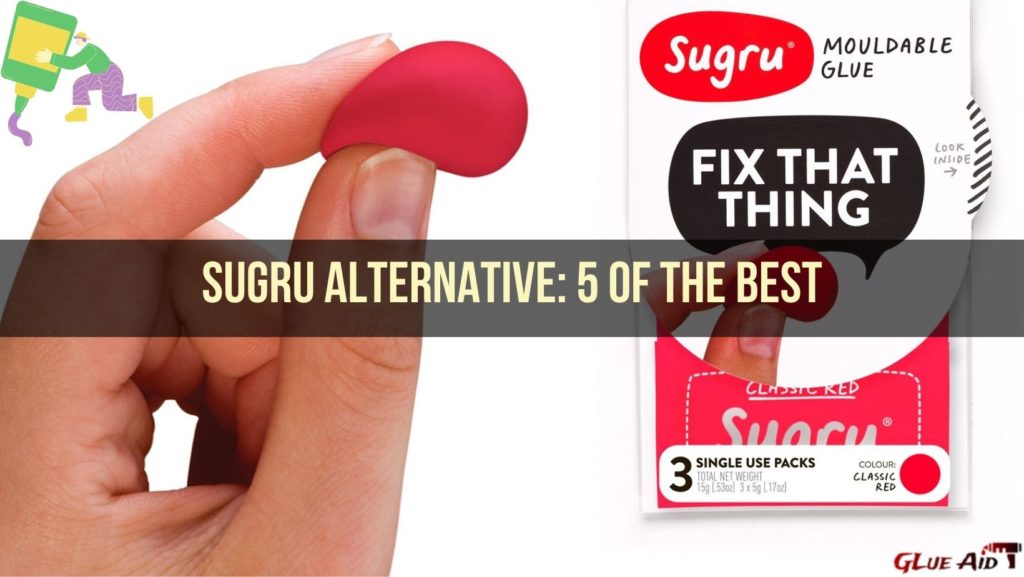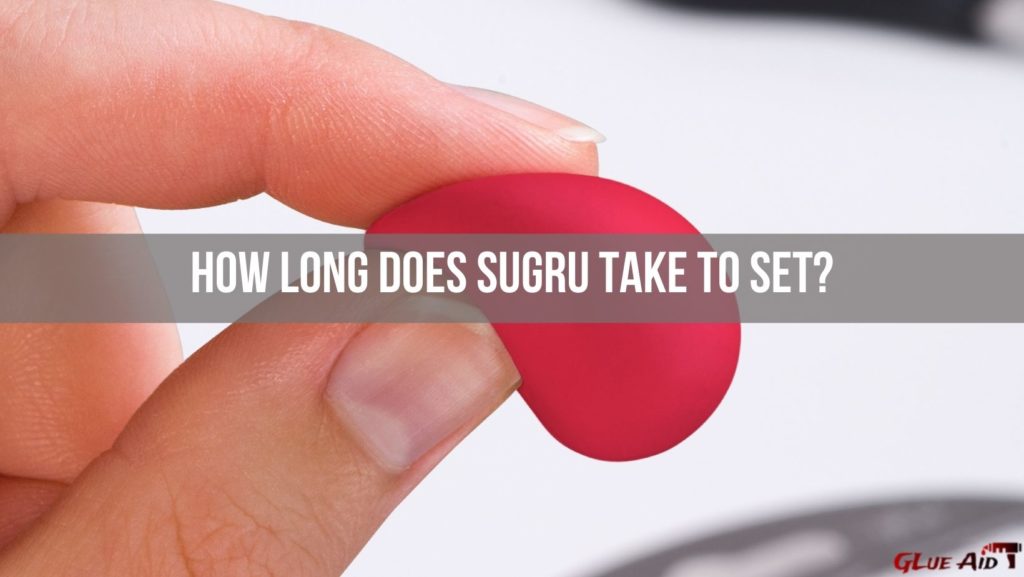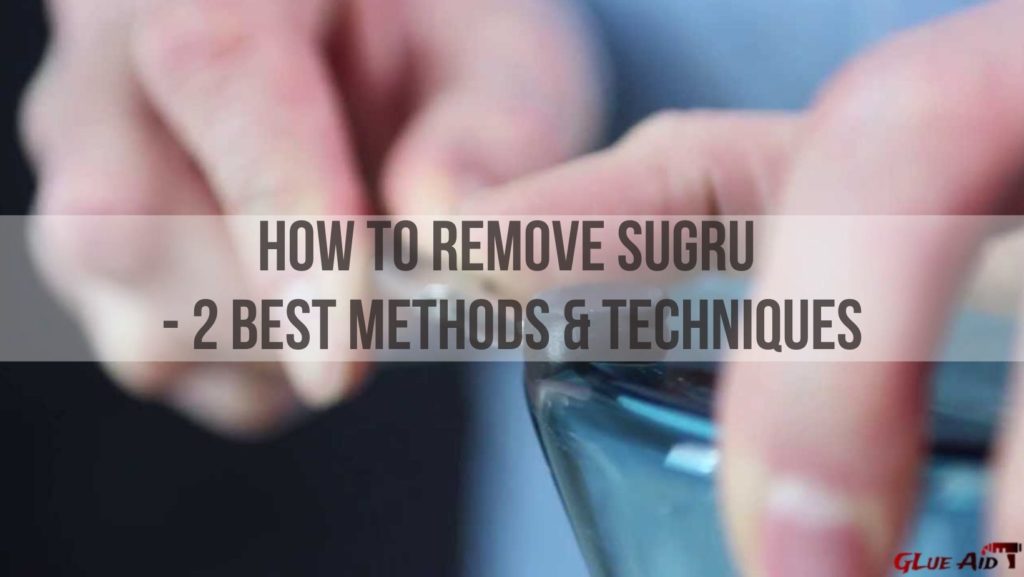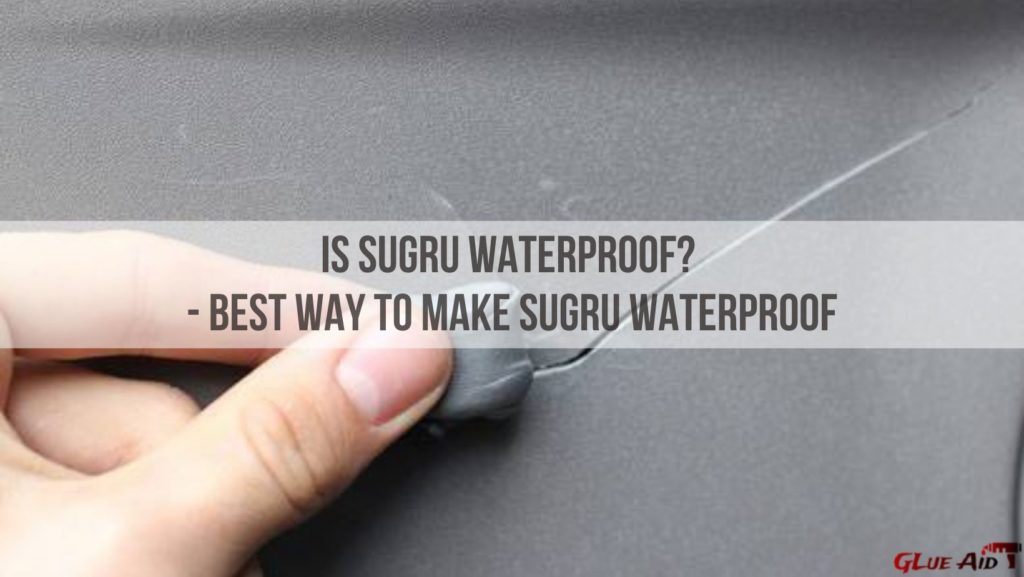Sugru is an adhesive that has been gaining popularity in the last few years due to its many potential uses. Some of these uses include making repairs on electronics, making prosthetic hands and feet, and even creating new electronic devices. Despite all of its potential uses, there are some people who are still unsure about whether or not Sugru is actually conductive.
Sugru is not a conductor, so it will not work as an electrical connector. However, it can be used as a sealant or adhesive in electronic circuits.
Is Sugru Conductive? Find out all about the conductivity of Sugru and how you can use it to make your own electronics.
Table of Contents
What are Sugru’s properties?
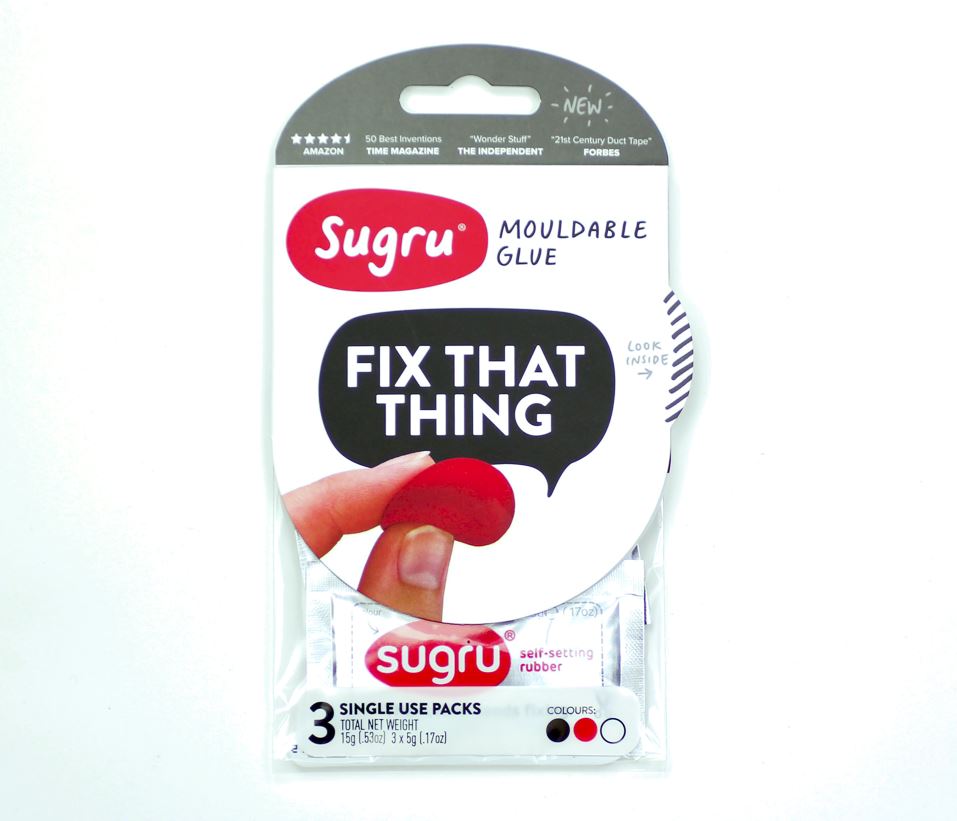
Sugru, a new adhesive material made from cornstarch and sugar, has quickly become a popular DIY adhesive for DIYers and makers. Sugru is non-conductive, flexible, and easy to work with. Here are some of Sugru’s properties:
1. Sugru is non-conductive – This means that Sugru will not interfere with any electronic devices you’re using.
2. Sugru is flexible – You can shape it into any form you desire without it breaking or cracking.
3. It’s easy to work with – Just apply pressure with your hands and it will stick together firmly.
4. It’s cheap – compared to other adhesives, Sugru is relatively affordable. Plus, there are a variety of ways to use it, so you can find the perfect application for your needs.
What can be done with Sugru?
Sugru is a versatile, yet unconventional, material that can be used for a variety of projects. Sugru is often used to create prototypes and test molds, but it can also be used in more permanent forms such as sculptures or jewelry. Sugru is even being experimented with as a way to 3D print objects.
The versatility of Sugru means that it can be adapted to many different purposes. For example, it can be used to create simple prototypes or test molds, or it can be used in more permanent forms such as sculptures or jewelry.
Sugru is also being experimented with as a way to 3D print objects. By molding the Sugru into the desired shape and then printing the object using a 3D printer, it becomes possible to create complex objects without having to use traditional materials like metal or plastic.
Read Also: Is Super Glue Conductive
Sugru Is Not a Conductor of Electricity
Sugru is not a conductor of electricity. Sugru is made of a variety of materials that do not have the electrical properties that are needed for proper electrical conductivity.
Therefore, when Sugru is used to make objects that are intended to be used as part of an electrical circuit, it can cause problems and failures.
Sugru is an adhesive that can be used to repair or create objects. It has been touted as a potential replacement for wires and other materials that are used in electronics, but recent tests have shown that Sugru is not a good conductor of electricity. This means that if Sugru were to be used in place of wires in electrical circuits, it could cause damage or malfunctions.
For Example – A phone charger has two prongs that go into the wall. If you touch the metal part of the charger while it is plugged in, you will get an electric shock. Sugru is not a conductor of electricity, so you may touch it while holding the charger and still not get an electric shock.
While Sugru has some great properties, it is not a good conductor of electricity.
How is Sugru being used in electronics?
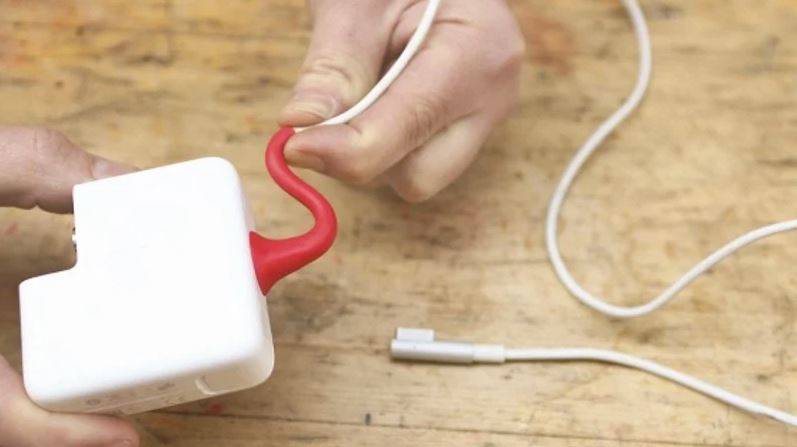
Sugru is a very popular adhesive that is being used in electronics. It is made from sugar and water and can be used to fix things together, seal gaps, and make prototypes. Sugru is not just for making prototypes; it can also be used to repair broken devices. Sugru is not just good for electronics; it can also be used in many other areas of life.
Sugru is a sticky, rubbery material that can be used to bond two surfaces together. Sugru is often used in electronics due to its ability to be conductive and its low cost. The material can be easily molded into any shape, and it is also easy to remove once it has been applied. Sugru is being used more and more in electronics due to its affordability, flexibility, and ability to bond two surfaces.
Some electrical uses of Sugru :
- Resolving Electrical Gadgets Issues
- Securing Wires In Place
- Cable Management
- Making Custom Earphones
- Repairing electrical cords
- Electrical outlet covers
- Cable organizers
- Fixing charging cables
- Wrapping electrical cords
- Helping electrical cords stick to surfaces
Does Sugru conduct heat
Sugru is a popular adhesive that doesn’t conduct heat. Is this true? There are some people who say that Sugru does not conduct heat, while others say it depends on the version of Sugru you are using. So is Sugru really heat resistant?
To find out, we tested three different types of Sugru: original, hard and soft. We put them all against a hotplate and measured how long it took for them to start melting. The results were surprising: all three types of Sugru melted quickly! In fact, even the hard Sugru melted in just under two minutes! This means that regardless of which type you use, Sugru will probably melt if placed against a hot surface.
Sugru is a material that doesn’t conduct heat. This makes it great for use in applications where you want to keep things cool, such as on a phone or laptop. Sugru also works well as glue because it doesn’t melt or swell.
Sugru also has a wide range of applications, including making repairs on plastic and metal objects, making sculptures from model clay, and creating decorative items out of various materials. Some users have even used it to create prosthetic hands and feet. Because Sugru doesn’t conduct heat, it’s also a good choice for projects that require protection from extreme cold or heat.
Read Also: Is Krazy Glue Conductive
FAQ About Is Sugru Conductive
Is Sugru an electrical insulator?
Sugru is not an electrical insulator. It is a silicone-based polymer that can be molded into many shapes and is designed to stick to surfaces. It can be used as an adhesive or sealant and is often marketed as a fix-all for household repairs. Sugru does not have a high resistance to electricity and will not protect against electric shock.
Is Sugru microwave safe?
Sugru is microwave safe. However, it is important to note that the maximum time it should be microwaved for is five minutes, and that it should not be microwaved if it is in its packaging. Sugru can be microwaved if it has been molded into a shape that does not have any packaging around it.
Is Sugru Suitable for Small Electronic Repairs?
Sugru is not specifically suited for small electronic repairs, but it can be used in this way. The adhesive and sealant material is durable and flexible, making it a good option for fixing things that are broken or need to be sealed. It is also possible to color Sugru to match the surrounding area, so it will be less visible once it has been applied.
Can Sugru repair electrical gadgets?
Sugru is a moldable silicone rubber that can be used to repair a variety of objects, including electrical gadgets. It is a strong and flexible material that adheres well to surfaces, making it an ideal fix for broken items. Additionally, Sugru is heat-resistant, meaning that it can be used to repair items that are subjected to high temperatures.
Can I fix a broken charger head with Sugru?
Sugru is a moldable putty-like substance that can be used to fix broken objects. It is made from silicone, which makes it durable and flexible. Sugru can be used to fix a broken charger head by molding it around the broken pieces.
In The End
In conclusion, Sugru is not conductive. However, it is possible to create a conductive Sugru mixture by adding a small amount of metal powder to the mix. While this may not be ideal for all applications, it does open up some possibilities for creating custom-made, conductive Sugru mixtures.
This means that it cannot be used to power electronic devices. However, Sugru is still a very useful material and can be used for a variety of purposes.
Relevant Resources:

